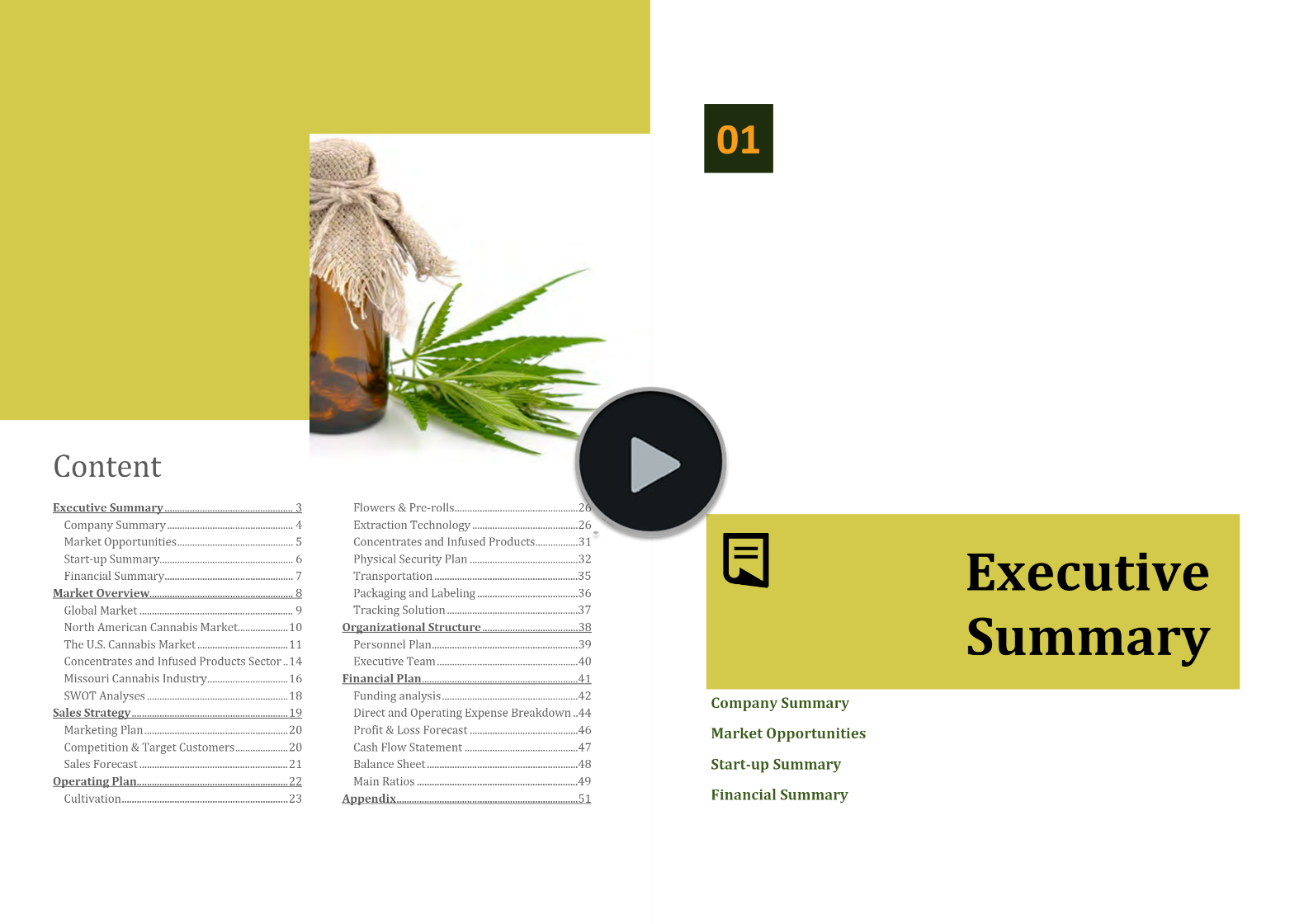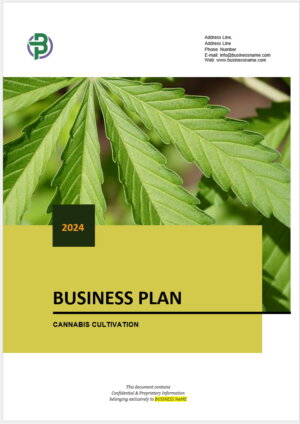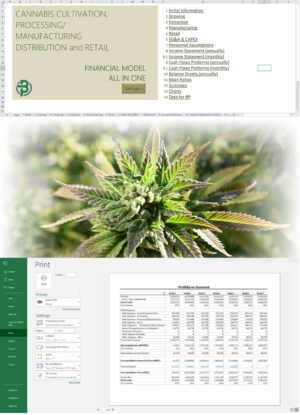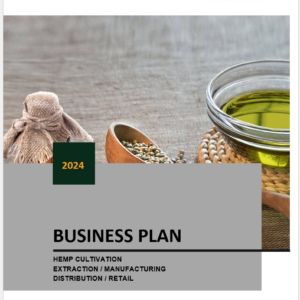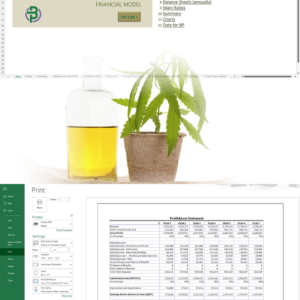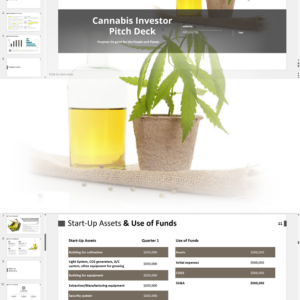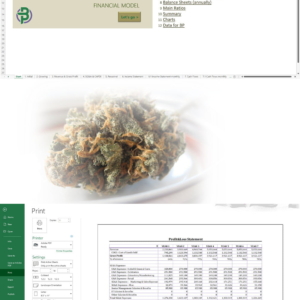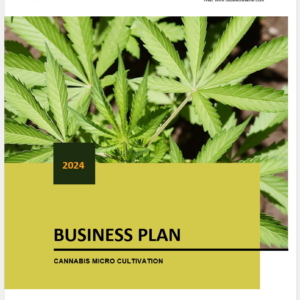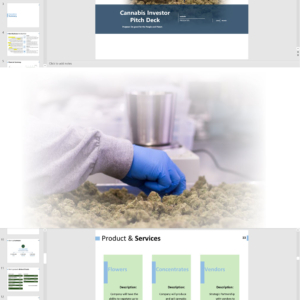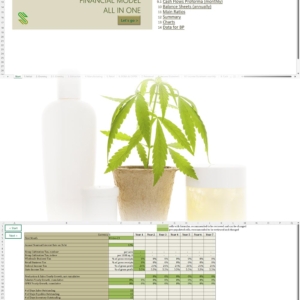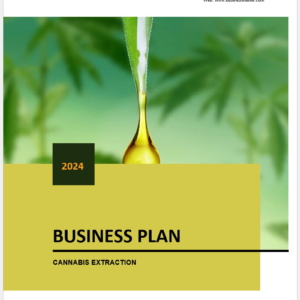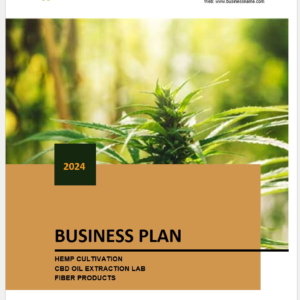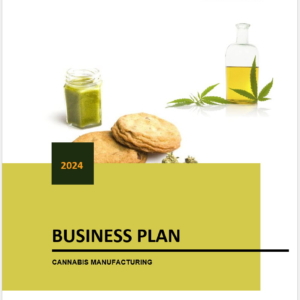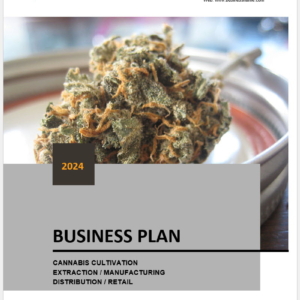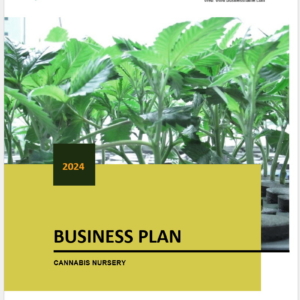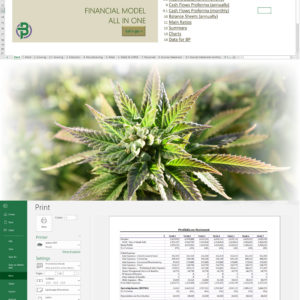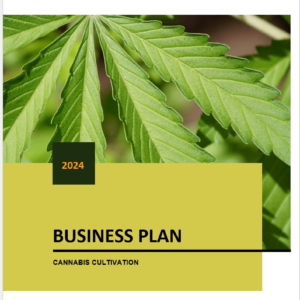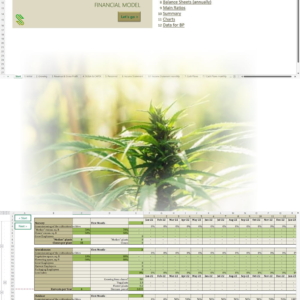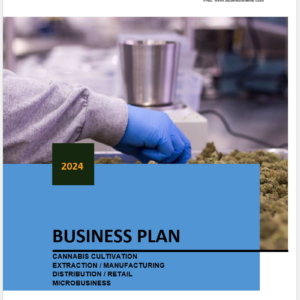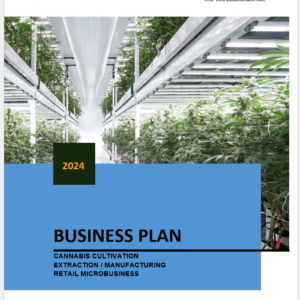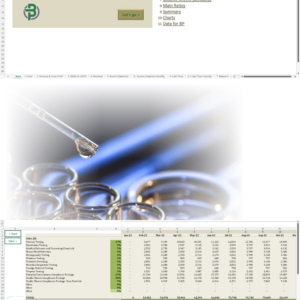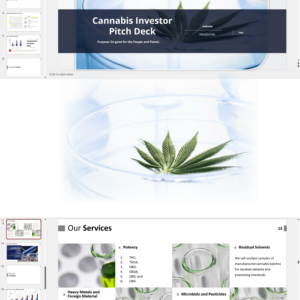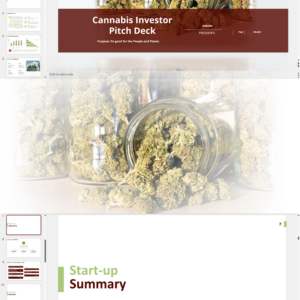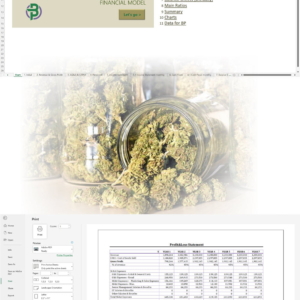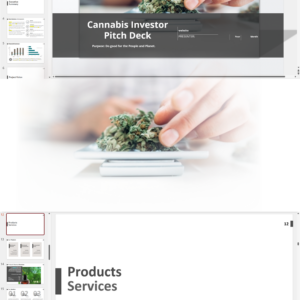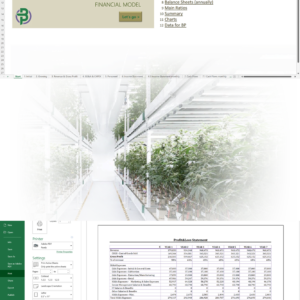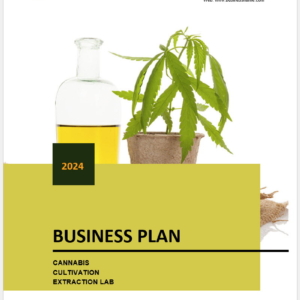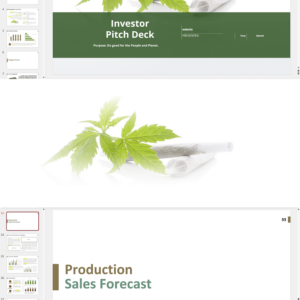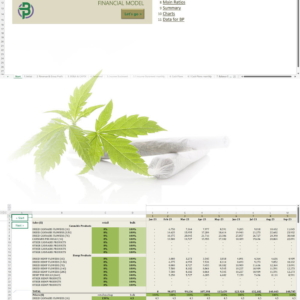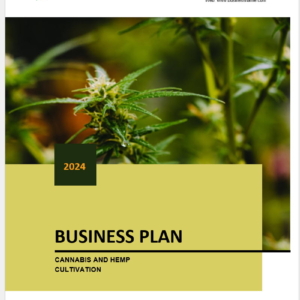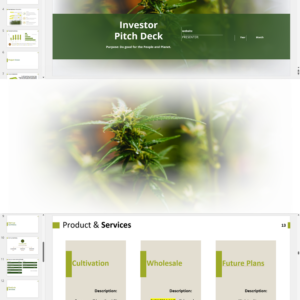- Understand regulatory and legal requirements. Do market research.
Research the laws and regulations governing adult-use or medical-use cannabis for more information about the regulatory requirements for licensure in the city or town you wish to operate.
Missouri Cannabis Legalization
Missouri became the 32nd state in the country to legalize medical cannabis in 2018 and the 21st state to legalize adult-use cannabis in 2022. Medical cannabis sales first began in 2020, which was 23 months after the law originally passed. The first licensed sales of recreational cannabis occurred on February 3, 2023.
The Department of Health and Senior Services (DHSS) is responsible to release applications, issue licenses, and develop regulations. The Division of Cannabis Regulation was formed in November 2022 following the passage of Amendment 3, which amended Missouri’s constitution to include adult-use cannabis laws within Article XIV. Amendment 3 entrusted DHSS with regulating adult use of cannabis for those ages 21 and up in Missouri just as it led the state’s medical marijuana program since its 2018 inception.
- Decide the type of cannabis business. Choose a location. Check local zoning regulations.
Cannabis Licenses Types Available in Missouri
“(A) A microbusiness wholesale facility is licensed to engage in the process of cultivating (up to 250 flowering plants) and manufacturing marijuana product for medical or adult use, in compliance with the cultivation facility and manufacturing facility rules. A microbusiness wholesale licensee may choose to do all or only a subset of the activities authorized under its license. (B) A microbusiness wholesale licensee may only transfer its products to a testing facility, transportation facility, microbusiness dispensary facility, or to another microbusiness wholesale facility.”
Limitations:
- Majority owners must meet at least one eligibility criteria from Article XIV, Section 2.
- An owner of a microbusiness facility may not also be an owner of another licensed marijuana facility or medical facility.
- An entity/individual may only apply for and obtain one microbusiness license.
(application fee $1,500; initial license fee $1,500; renewal license fee $1,500)
“(A) A microbusiness dispensary facility is licensed to engage in the process of dispensing marijuana product for medical or adult use, in compliance with the dispensary facility rules. A microbusiness dispensary licensee may choose to do all or only a subset of the activities authorized under its license. (B) Microbusiness dispensary licensees shall only acquire marijuana product from a microbusiness wholesale facility or another microbusiness dispensary facility.”
Limitations:
- Majority owners must meet at least one eligibility criteria from Article XIV, Section 2.
- An owner of a microbusiness facility may not also be an owner of another licensed marijuana facility or medical facility.
- An entity/individual may only apply for and obtain one microbusiness license.
(application fee $1,500; initial license fee $1,500; renewal license fee $1,500)
“(A) A cultivation licensee’s authority to engage in the process of cultivating marijuana includes the ability to: 1. Acquire and transfer marijuana, marijuana seeds, and clones from another cultivation facility; 2. Acquire and transfer marijuana seeds from entities not licensed if doing so does not violate state or federal law; 3. Acquire and transfer marijuana product from a manufacturing facility or dispensary facility; 4. Cultivate marijuana; 5. Process, package, and store (on- or off-site) marijuana product; 6. Transfer marijuana product to or from its own warehouse storage facility, another cultivation facility, manufacturing facility, or dispensary facility; 7. Transfer marijuana product to a testing facility; and 8. Sell marijuana product to another cultivation facility, manufacturing facility, dispensary facility, or testing facility. (B) A cultivation licensee’s authority to process marijuana shall include the production and sale of prerolls, but shall not include the manufacture of marijuana-infused products.”
Limitations:
- Cultivation facility utilizing artificial lighting is limited to no more than 30,000 square feet of flowering plant canopy space.
- Outdoor cultivation facility utilizing natural lighting is limited to no more than 2,800 flowering plants.
- Greenhouse cultivation facility using a combination of natural and artificial lighting is limited to, at the election of the licensee, either no more than 2,800 flowering plants or no more than 30,000 square feet of flowering plant canopy space.
(application fee $12,720; initial license fee $26,500; renewal license fee $12,720)
“(A) A manufacturing licensee’s authority to engage in the process of manufacturing marijuana-infused products includes the ability to: 1. Acquire and transfer marijuana from a cultivation facility; 2. Acquire and transfer marijuana product from another manufacturing facility to further process; 3. Acquire and transfer marijuana product from a dispensary facility; 4. Process and store (on- or off-site) marijuana product; 5. Manufacture and package marijuana-infused products and prerolls; 6. Transfer marijuana product to or from its own warehouse storage facility, another manufacturing facility, cultivation facility, or dispensary facility; 7. Transfer marijuana product to a testing facility; and 8. Sell marijuana product to another manufacturing facility, cultivation facility, dispensary facility, or testing facility. (B) A manufacturing licensee’s authority to manufacture marijuana-infused products shall include the creation of prerolls and infused prerolls.”
(application fee $7,420; initial license fee $10,600; renewal license fee $7,420)
“A dispensary licensee’s authority to engage in the process of dispensing marijuana product includes the ability to: 1. Acquire and transfer marijuana, marijuana seeds, clones, and prerolls from a cultivation facility; 2. Acquire and transfer marijuana-infused products and prerolls from a manufacturing facility; 3. Acquire and transfer marijuana product from another dispensary facility; 4. Create and sell prerolls, which does not include the grinding of marijuana for use in prerolls or manufacture of marijuana-infused products; 5. Package and store (on- or off-site) marijuana product and drug paraphernalia used to administer marijuana product; 6. Transport and sell or distribute marijuana product and drug paraphernalia to another dispensary facility, manufacturing facility, cultivation facility, testing facility, or individuals authorized to purchase marijuana product for personal or medical use, as follows: A. A medical dispensary licensee may only sell or distribute to individuals who are qualifying patients or primary caregivers; and B. A comprehensive or microbusiness dispensary licensee may sell or distribute to individuals who are consumers, qualifying patients, or primary caregivers; and 7. Transfer marijuana product to or from its own warehouse.”
(application fee $7,420; initial license fee $10,600; renewal license fee $7,420)
“A testing licensee’s authority to engage in the process of testing marijuana product includes the acquisition, testing, certification, and transportation of marijuana product. Testing licensees shall test all lots of marijuana product produced by medical and marijuana facilities, including prerolls created at dispensary facilities but excluding seeds and plants, before it may be sold for use by a patient or consumer.”
(application fee $2,650; initial license fee $2,650; renewal license fee $2,650)
“A transportation licensee’s authority to deliver marijuana product from a medical dispensary facility to a qualifying patient or primary caregiver; or from a comprehensive dispensary facility or microbusiness dispensary facility to a consumer, qualifying patient, or primary caregiver; from a medical facility to another medical facility or testing facility; from a comprehensive facility to another comprehensive facility, medical facility, or testing facility; from a microbusiness facility to another microbusiness facility or testing facility; and marijuana facility licensees not specifically identified above may transfer marijuana product with department approval.”
(application fee $2,650; initial license fee $2,650; renewal license fee $2,650)
“A warehouse storage licensee’s authority to store marijuana product in compliance with the requirements and prohibitions provided in the state regulations. Warehouses facilities may not share space with any other facility or licensee.”
(application fee $2,500; initial license fee $2,500; renewal license fee $2,500)
Cannabis Delivery in Missouri
After Missouri voters approved Amendment 3 on November 8, 2022, legalizing the recreational use of cannabis for adults 21 and older, both medical and recreational cannabis may be delivered.
- Develop a solid cannabis business plan. Secure financing.
Application requirements include a business plan demonstrating a likelihood of success and sufficient business ability and experience on the part of the applicant. A typical cannabis business plan outline includes sections such as Executive Summary, Market Overview, Sales Strategy, Operating Plan, Organizational Structure (+ Diversity Plan) and Financial Plan.
'70% ready to go' business plan templates
We offer a wide range of '70% ready-to-go' cannabis business plan templates that will help you prepare a professional cannabis business plan document supported with expert financials and an investor pitch deck. All our templates are completely open and editable and you can use Word, Excel and PowerPoint to work with them.
- Prepare the required documents. Submit applications. Pay fees.
Applications for all medical and marijuana facility licenses or certifications are submitted electronically through a department-provided, web-based application system. An applicant shall provide information in a form and manner as prescribed by regulations, which may include, but is not limited to the following:
- Name and address of the designated contact for the applicant entity;
- Legal name of the applicant entity, including fictitious business names;
- All owners of the applicant entity, with ownership percentage, and a visual representation of the facility’s ownership structure;
- Proposed address of the facility with 1. An attestation that the proposed facility location complies with the facility location requirements of this chapter; 2. An attestation that the proposed facility location complies with any facility location requirements of the local government; and 3. A copy of, and a hyperlink to, all local government requirements for facility location, such as zoning requirements, if applicable. Applicable sections shall be highlighted in the copy of the regulations;
- Proposed blueprints that outline the entire facility and feature all rooms and areas clearly labeled, including purpose and square footage, camera locations, limited access areas, and access permissions;
- For facilities that will be cultivating marijuana, the cultivation practices(s) (indoor, outdoor, or greenhouse) used by the facility, and, if using a combination of practices, the ratio of cultivation space limits for each cultivation practice, as provided in the cultivation section of this chapter;
- For each comprehensive facility applicant, the application shall include a business plan that explains how the applicant would serve both the medical and adult-use markets, while maintaining adequate supply at a reasonable cost to qualifying patients, and a plan to promote and encourage participation in the regulated marijuana industry by people from communities that have been disproportionately impacted by marijuana prohibition.
- Obtain the required licenses. Pass inspection.
The issuance of a facility license or certification does not authorize the facility licensee to begin activities related to marijuana authorized by the license. A facility licensee will be granted final approval to operate upon passing a commencement inspection.
A facility license or certification shall be valid for 3 years from its date of issuance.
- Register your business as an employer and a tax payer.
- Keep track of your ongoing compliance requirements.
Physical security measures, good production practices, packaging, labelling, transport and reporting requirements, taxes and more.
Renewal requests must be submitted in a department-provided, web-based application system at least 30 days, but no sooner than 90 days, prior to expiration.
Missouri Cannabis Taxes
- The state tax rate for medical marijuana purchases is 4% and there is no authority for an extra local tax.
- The state tax rate for adult-use marijuana purchases is 6% and local governments may impose an additional sales tax of up to 3%.
Main steps in short
- Understand regulatory and legal requirements. Do market research.
- Decide the type of cannabis business. Choose a location. Check local zoning regulations.
- Develop a solid business plan. Secure financing.
- Prepare the required documents. Submit applications. Pay fees.
- Obtain the required licenses. Pass inspection.
- Register your business as an employer and a tax payer.
- Keep track of your ongoing compliance requirements.
Cannabis Microbusiness Wholesale Business Plan Sample, Missouri
Hemp CBD business plan templates are available at hempcbdbusinessplans.com.

